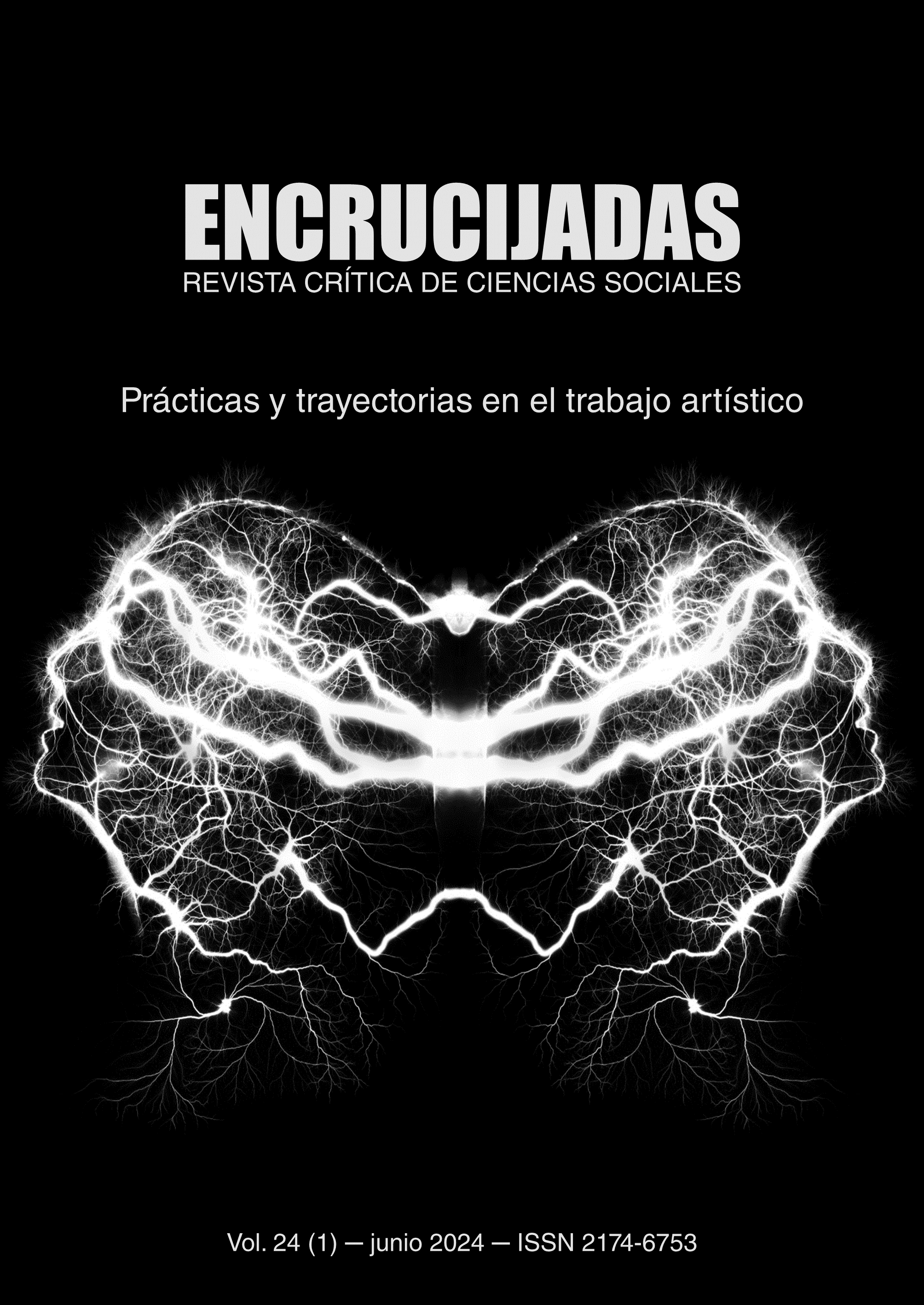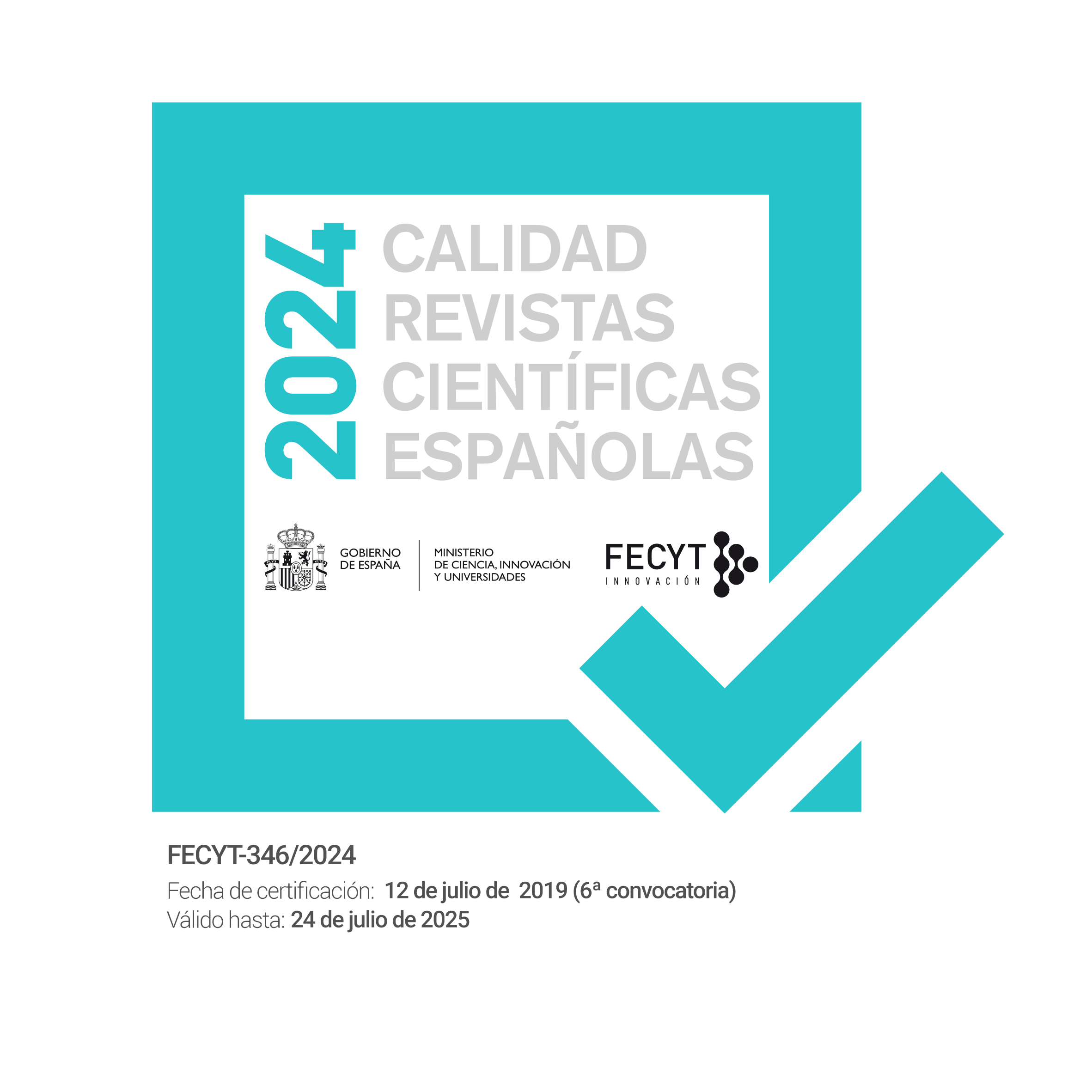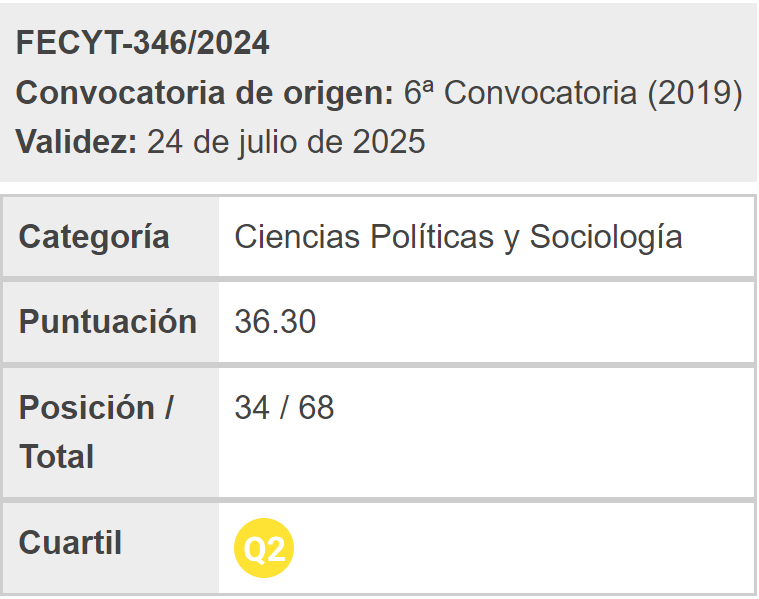Reclaiming the corporeal dimension in universities: the theater of the oppressed
Keywords:
Theatre of the Oppressed, body, work, gender, universityAbstract
This paper explores the Cartesian division between mind and body and its effects; in particular, it analyzes how Theatre of the Oppressed, in its double sociological and artistic dimension, can be a methodology for engaging bodies in University. The essay examines TO practice in a social theater workshop held at Universidad Complutense de Madrid in 2022/2023, an initiative that was conducted for the seventh consecutive time. The article unpacks how TO can help create spaces inside the university where professors and students critically reflect on different topics, especially through a sociological lens, mainly from the sociology of work. Analysing the work/body/task relationship, this essay also reflects on how universities can operate as spaces where students can rehearse active participation in a democratic society. Illustrating the strong relationship between the lack of training at university on the relationship between one's own body and oppression in the workplace, this work argues that TO can reveal habits that are inscribed on the flesh and explore new ways to undo habits that individuals experience as oppressive. This paper concludes that theater is a powerful instrument in restoring an understanding of the body as inextricable from the mind, allowing individuals to analyze structures of power that discipline bodies.
Downloads
References
Badache, René y Vincent de Gaulejac (2022). Poner la vida en juego: Teatro de intervención socioclínica. Sapere Aude.
Boal, Augusto (1982). Teatro del Oprimido. Nueva Imagen.
Boal, Augusto (2002). Juegos para actores y no actores. Alba Editorial S.I.U.
Butler, Judith (1993). Bodies That Matter. On the discursive limits of “sex”. Routledge.
Calvo Salvador, Adelina; Ignacio Haya Salmón y Noelia Ceballos López (2015). El Teatro Foro como estrategia pedagógica promotora de la justicia social. Una experiencia de formación inicial del profesorado en la Universidad de Cantabria. Revista Interuniversitaria de Formación del Profesorado, 29(1), 89-107.
Caporale Bizzini, Silvia (1995). Foucault y el feminismo: ¿un encuentro imposible? Anales de Filología Francesa, 7, 5-18.
Cappa, Francesco (2016). Formazione come teatro. Raffaello Cortina.
Citro, Silvia y Manuela Rodríguez (2020). Materialidades afectantes, memorias reflexivas y ensayos performáticos. Movilización de saberes encarnados en la universidad. Ciencias Sociales y Educación, 9(17), 23-56. https://doi.org/10.22395/csye.v9n17a2
Clot, Yves (2009). Trabajar sin seres humanos. Modus Laborandi.
Crossley, Nick (1995). Merleau-Ponty, the Elusive Body and Carnal Sociology. Body y Society, 1(1), 43-63. https://doi.org/10.1177/1357034X95001001004
Dejours, Christophe (2009). Trabajo y Sufrimiento. Cuando la injusticia se hace banal. Modus Laborandi.
Derrida, Jacques (2007). Decir el acontecimiento ¿Es posible? Arena Libros.
Díaz-Santiago, María José e Irene Pastor (2018a). Del becariado al precariado. Análisis de la precariedad laboral del alumnado universitario a través de metodologías participativas. En F. García y M. J. Díaz-Santiago (Eds.), Investigación y prácticas sociológicas: Escenarios para la transformación social (pp. 61-76). UNED.
Díaz-Santiago, María José e Irene Pastor (2018b). Innovar en nuevas metodologías para el aprendizaje: el aula-laboratorio de teatro social. En M. J. Díaz y F.J. García (Eds.), Una mirada desde la Sociología Actual: análisis y propuestas del contexto social (pp. 251-265). AMS.
Federici, Silvia (2004). Calibán y la bruja. Mujeres, cuerpo y acumulación primitiva. Traficantes de sueños.
Fernández-Cid Enriquez, Matilde; María José Díaz Santiago; Pablo López Calle e Irene Pastor Bustamante (2022). El teatro de intervención sociológica como método de investigación-participación. En A. Zuart y L. Porto (eds.), El cambio inesperado. Educación inclusiva y comunicación responsable ante la vulnerabilidad sobrevenida (pp. 192-206). Dykinson.
Foucault, Michel (1999). Estética, ética y hermenéutica. Obras esenciales. Volumen III. Paidós.
Foucault, Michel [1976] (2019). Historia de la Sexualidad. Siglo XXI.
Freire, Paulo (1997). Pedagogía del Oprimido. Siglo XXI.
Fricker, Miranda (2017). Injusticia epistémica. Herder.
García Gómez, Teresa y César de Vicente Hernando, (2020). El Teatro-Foro como herramienta didáctica para el cambio educativo. Educación XX1, 23(1), 437-458. https://doi.org/10.5944/educXX1.23347
Hoel, Aud Sissel, y Carusi, Annamaria (2017). Merleau-Ponty and the Measuring Body. Theory, Culture y Society, 0(0), 1-26. https://doi.org/10.1177/0263276416688542
Howe, Kelly; Julian Boal y José Soeiro (2019). The Routledge Companion to Theatre of the Oppressed. Routledge. https://doi.org/10.4324/9781315265704
Ibáñez, Jesús (1998). El regreso del sujeto. La investigación social de segundo orden. Siglo XXI.
Kabeer, Naila (1994). Gender-aware policy and planning: A social-relations perspective. En M. Macdonald (Ed.), Gender Planning in Development Agencies (pp. 80-97). Oxfam.
Kuric Kardelis, Stribor (2019). Artesanía Teatral: modelos de creación, organización y condiciones sociolaborales desplegadas en el panorama teatral madrileño. Tesis Doctoral. Universidad Complutense de Madrid.
Kuric Kardelis, Stribor; María José Díaz Santiago; Pablo López Calle e Irene Pastor Bustamante (2020). Precariedad laboral universitaria con perspectiva de género a través de la IAP. El teatro INTERSOC como herramienta participativa de análisis en el aula. Tendencias Sociales, 6. https://doi.org/10.5944/ts.6.2020.29159
Lagarde, Marcela (1998). Claves feministas para el poderío y la autonomía de las mujeres. Puntos de Encuentro.
López Álvarez, Pablo (23 de mayo de 2021). Cuerpo, trabajo y precariedad. Nuevos modelos laborales y políticas del cuerpo [Discurso principal]. Conferencia en el Museo Etnográfico de Castilla y León, España. https://www.youtube.com/watch?v=MYE9GI1LVh8 [Consultado julio 2022].
Marañón, Gregorio (1979). Psicología del gesto. Espasa Calpe.
Niwenshuti, Théogène (2018). A Critique of Embodiment. Strategic Review for Southern Africa, 40(1), 117-133. https://doi.org/10.35293/srsa.v40i1.279
Merleau-Ponty, Maurice (1984). Fenomenología de la Percepción. Planeta Agostini.
Reason, James (1990). L’erreur humaine. Presses Universitaires de France.
Piedra Guillén, Nancy (2004). Relaciones de poder: leyendo a Foucault desde la perspectiva de género. Revista de Ciencias Sociales, 4(106), 123-141.
Pineau, Elyse Lamm (2002). Critical Performative Pedagogy: Fleshing Out the Politics of Liberatory Education. En N. Stucky y C. Wimmer (Eds.), Teaching Performance Studies (pp. 41-54). Southern Illinois University Press.
Posada Kubissa, Luisa (2015). El “género”, Foucault y algunas tensiones feministas. Estudios de Filosofía, 52, 29-43. https://doi.org/10.17533/udea.ef.n52a03
Sánchez Ferlosio, Rafael (2004). Carácter y Destino. Discurso del Premio Cervantes 2004.
Santos, Bárbara; Silvia Demozzi y Alessandro Tolomelli (eds.) (2018). Teatro dell’oppresso. Radici e ali. CLUEB.
Segato, Rita Laura (2016). La guerra contra las mujeres. Traficantes de sueños.
Schininà, Guglielmo (1998). Storia critica del teatro dell’Oppresso. La Meridiana.
Schmitt, Carl (2014). El concepto de lo político. Alianza.
Schülz, Fritz (1960). Classical roman law. Clanderon Press.
Van der Kolk, Bessel (2014). The body keeps the score: Brain, mind and body in the healing of trauma. Viking.
Downloads
Published
How to Cite
Issue
Section
License
Copyright (c) 2024 Encrucijadas. Revista Crítica de Ciencias Sociales

This work is licensed under a Creative Commons Attribution-NonCommercial-NoDerivatives 4.0 International License.
Los autores/as conservan los derechos de autor y ceden a la revista el derecho de la primera publicación, con el trabajo registrado con la licencia de atribución de Creative Commons Reconocimiento-NoComercial (CC-BY 4.0), que permite a terceros utilizar lo publicado siempre que mencionen la autoría del trabajo y a la primera publicación en esta revista. Encrucijadas permite y se anima a todas las personas autoras a depositar la versión final publicada en repositorios institucionales o temáticos de acceso abierto, cumpliendo en caso necesario los términos establecidos por la entidad financiadora de la investigación.




